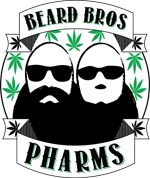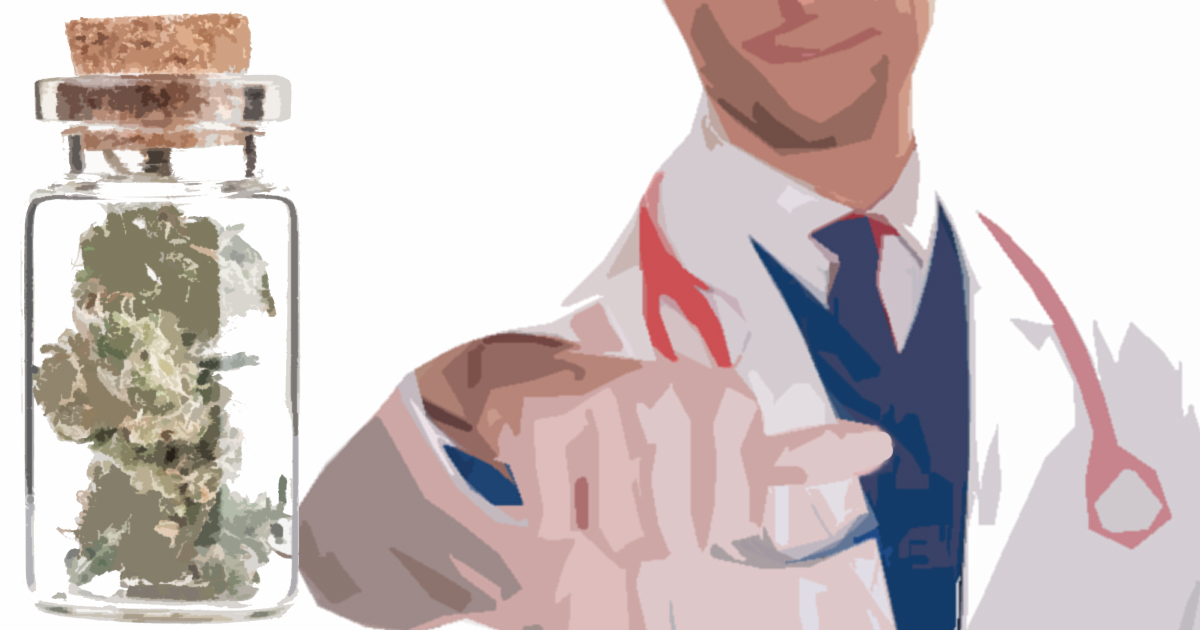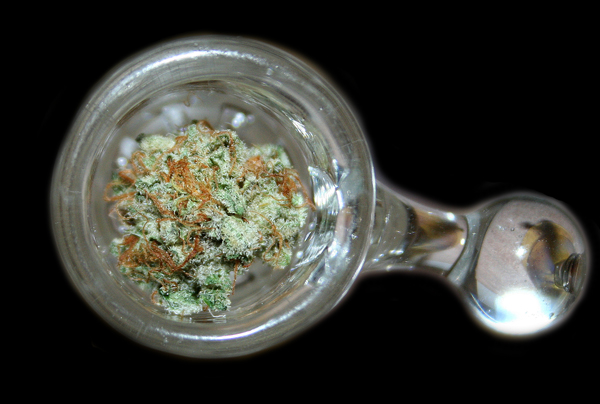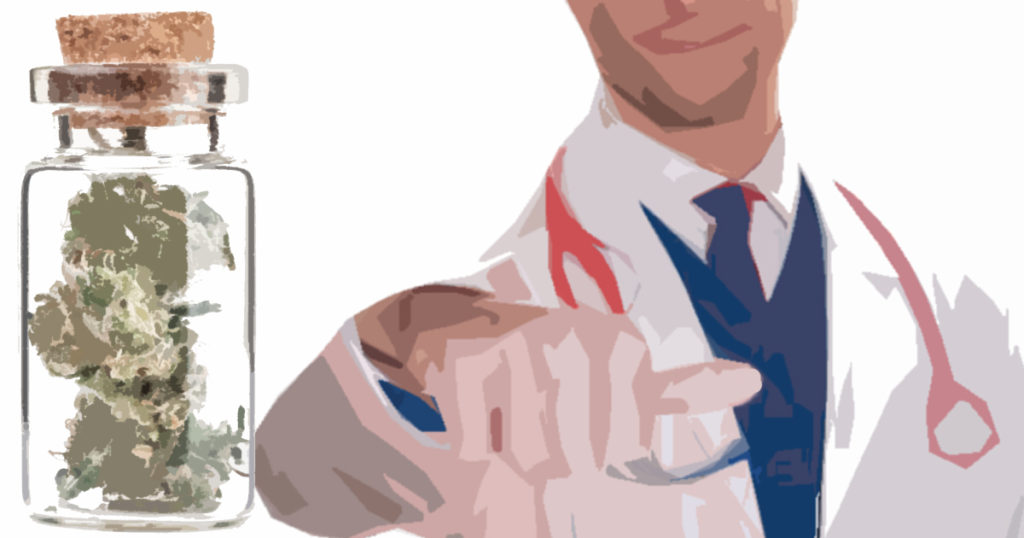
A recent survey from the University of Colorado Cancer Center queried 172 doctors specializing in the field of cancer treatment regarding their experience in discussing the potential for medical marijuana use with their patients. The mixed bag of results does prove one thing definitively – the general public needs far more education about the realities of cannabis.
73% of the docs that responded said that they “believe that medical marijuana provides benefits for cancer patients.” That’s the good news.
53% of the respondents, however, fessed up that they don’t feel comfortable recommending cannabis to a patient, most commonly due to a lack of education on the part of the doctor and/or a lack of clinical data or peer-reviewed studies to fall back on.

The study was not limited to Colorado, so some of the doctors questioned expressed concerns about legality and professional liability when discussing cannabis in a state with limited provisions for medical marijuana. Still others cited the lack of proper, measurable dosing with many forms of cannabis ingestion.
“The issue is it’s not regulated – a dispensary might say a product has this much THC and this much CBD, but no one is testing that for sure,” Dr. Ashley E. Glode, a pharmacist and assistant professor at the Skaggs School of Pharmacy and Pharmaceutical Sciences and lead author of the survey. She continued. “Then from a consumption perspective, inhalation and smoking is the least preferred due to possible damage to the lung. So many doctors recommend edibles, oils, and tinctures, but we still don’t have good data comparing dosage across these forms.”
First of all, she is parroting some oft-debunked claims here – particularly about lung damage, but we’ll get to that more in a minute – but it’s hard to knock docs like her for having concerns. Those concerns are all noble at their core, but they are all based off of an industry fueled by experimental pharmaceutical drugs, not natural, plant-based remedies.

Further west, in San Francisco, another oncologist by the name of Donald Abrams, M.D. has just released an article of his own on the same subject, and in our opinion, Doc Abrams has a much more realistic view on the potential medical benefits of cannabis.
His paper, titled Should Oncologists Recommend Cannabis?, lays out in great detail the case for considering not only CBD, but THC and the full spectrum of cannabinoids and terpenes from the cannabis plant for a wide range of medical applications. One by one, he addresses the litany of concerns being echoed by fence-sitting colleagues. He even goes so far to say, “A single intervention that can assist with nausea, appetite, pain, mood, and sleep is certainly a valuable addition to the palliative care armamentarium.” Put another way even if all it does is make Family Guy funnier, it’s worth it.

He says that with confidence because, as he puts it, “Although many healthcare providers advise against the inhalation of a botanical as a twenty-first century drug-delivery system, evidence for serious harmful effects of cannabis inhalation is scant and a variety of other methods of ingestion are currently available from dispensaries in locales where patients have access to medicinal cannabis.”
He acknowledges that clinical data is lacking. He admits that the studies are few and far between. He rightfully casts blame at prohibition for this gap in knowledge. So, in his call to action, he advises his colleagues to gather that data on their own from the grassroots by encouraging cannabis-related discussions with the patients themselves. “Oncologists and palliative care providers should recommend this botanical remedy to their patients to gain first-hand evidence of its therapeutic potential despite the paucity of results from randomized placebo-controlled clinical trials to appreciate that it is both safe and effective and really does not require a package insert.”
He even tosses in a dig at the Dosing Doubters there at the end – no instructions needed to get yourself weeded!
He nails it when he encourages the conversation between patient and health care provider and the University of Colorado study affirms that by revealing the fact that 68% of the doctors surveyed admitted that they have learned more about medical marijuana from their patients than they have from official medical journals, conferences, or mandatory continuing education.
Overall, it appears that even though cannabis reform is moving forward at a blazing speed, too many doctors’ opinions on it have remained stagnant. The findings in that recent University of Colorado study line up almost exactly with a similar study from a year ago showing that less than half of doctors questioned said that they had recommended pot to a patient.
Cannabis, in its natural form, is a very unique medicine. It can effectively treat so many ailments, but those effects vary greatly from user to user. This is its blessing and its curse. Anecdotal evidence traditionally does not carry a lot of weight in the field of research medicine but it is essential in the understanding of cannabis and how it affects people. By hearing enough stories, and by treating those stories as “cases”, bigger picture extrapolations can occur which could potentially help doctors to gain a broader knowledge of the plant and how it can be optimally used to heal.
Keep updated on all the latest news and updates in the Cannabis industry here at Beard Bros Pharms by signing for our Friday Sesh Newsletter here. Always Dank and Never Spam!


















